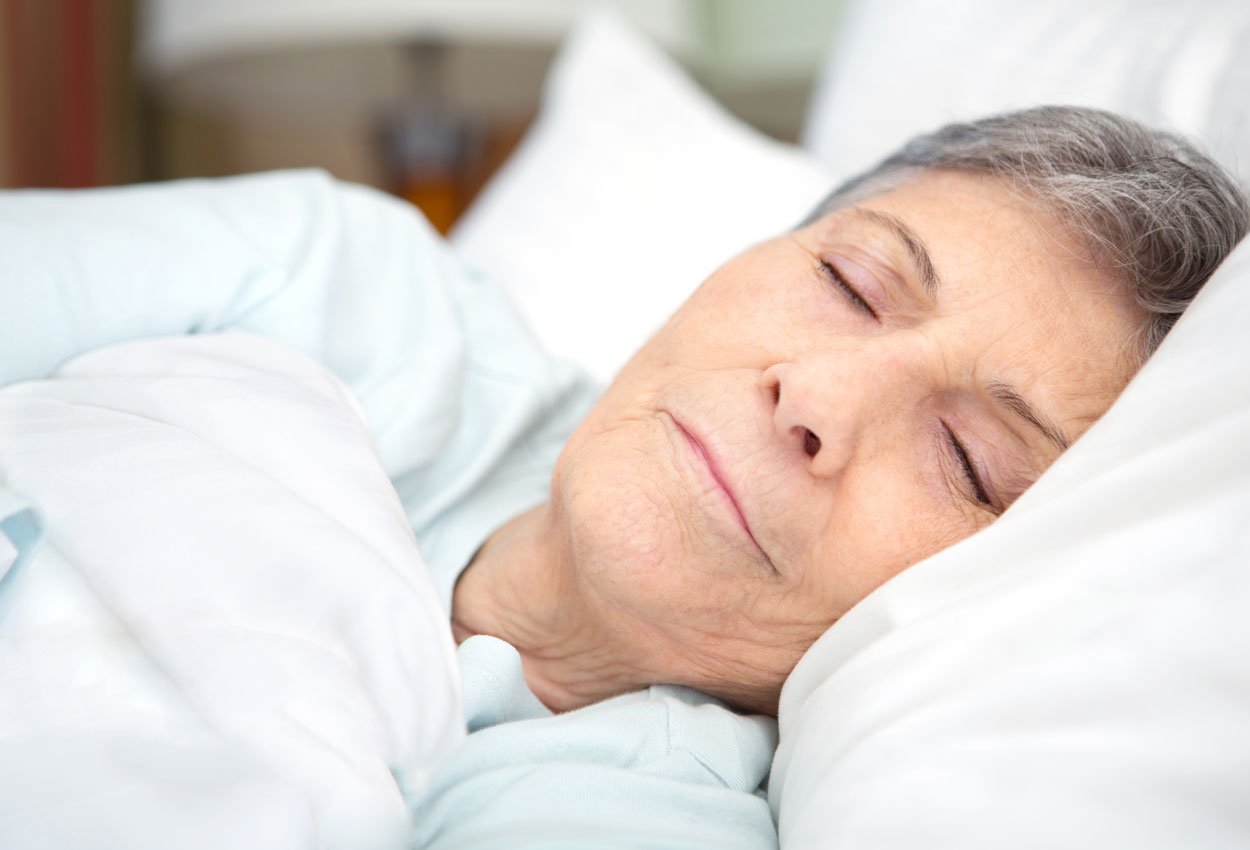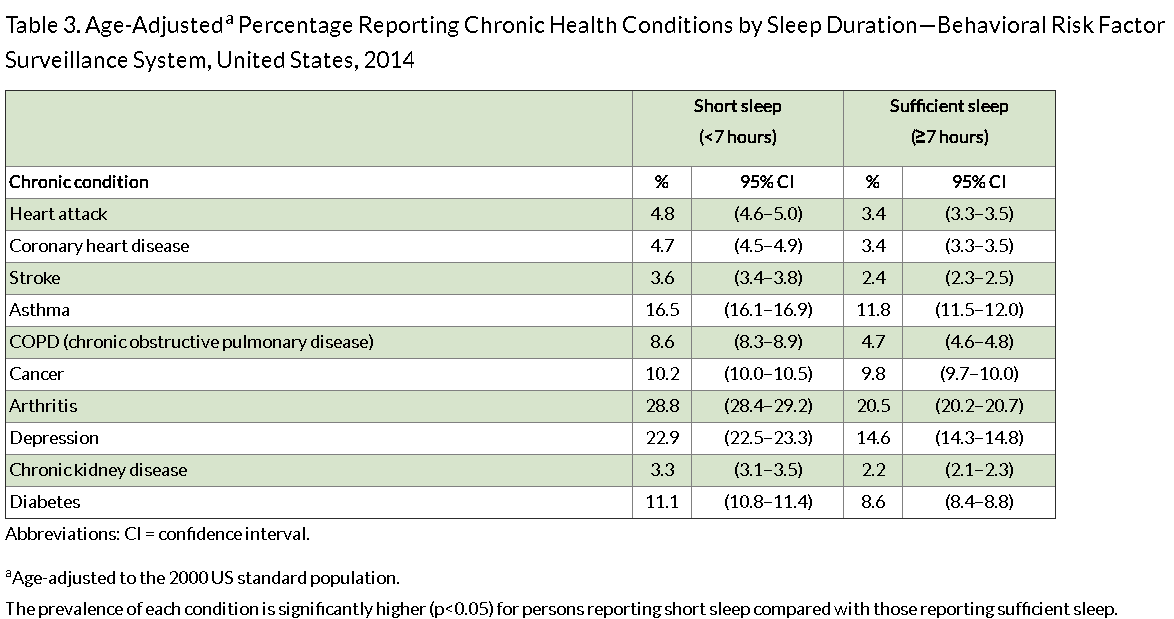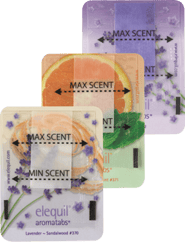
Sleep is necessary to keep us alert, elevate our mood, steer off illness, improve our health, and of course… to make us look well rested and encourage “beauty”. Just as we need water to survive, we need sleep to help us heal both emotionally and physically.
Many hospitals recognize the link between sleep, healing, and overall health. As a result, various initiatives are in the hospital setting to promote sleep -- such as quiet-at-night programs, sleep menus, and comfort kits.
How does healing happen when we sleep?
I had the pleasure of attending a breakout session a few years ago at the Pioneer Network annual conference. The session was titled “The Restorative Sleep Vitality Program: Providing Undisturbed Sleep at Night and Engaged Activities During the Day”, presented by Sue Ann Guildermann from Empira. I was fascinated with what I learned about sleep and the different stages in relation to emotional and physical healing as shared below.
Stage 1 - Muscles start to relax, breathing and heart beat slows (around 5 – 10 minutes)
Stage 2 – Brain waves start to slow down and reviews the day and determines what to “save, file, trash” (estimated 20 minutes)
Stage 3 – Deep sleep, brain at rest. This is when healing and regeneration of cells take place
REM (non-rapid eye movement) – helps heal emotional and psychological health. This stage helps relieve stress, process emotions, and detox feelings.
REM usually occurs 90 minutes after falling asleep and at first, only lasts a few minutes. The body then goes back to stage 2 and 3 and once again into REM, which will become a longer time period. This rotation continues throughout the sleep cycle. As sleep progresses, REM sleep can last up to one hour.
Sleep and disease prevention:
According to the Division of Sleep Medicine at Harvard Medical School, a lack of sleep on a regular basis is associated with increased risk of obesity, diabetes, heart disease and hypertension, mood disorders, immune function, and life expectancy.
As you sleep, your body’s natural Melatonin produces during the night while it is dark. Melatonin promotes REM sleep and has been found to help various medical conditions. One study cites that Melatonin is beneficial in Alzheimer’s Disease to support restorative phases of sleep. Another study mentions that Melatonin helps with pleotropic effects.
The table below published by the Centers for Disease Control and Prevention (CDC) a significantly higher risk factor for health conditions due to shorter sleep duration.

Sleep and the power of healing
Sleeping helps reproduce cells that form myelin that protects the nervous system including the brain and spinal cord. It also helps the sympathetic nervous system, which affects cortisol, the stress-reducing hormone that helps regulate the heart.
Sleep affects how the body reacts to blood insulin, the hormone that controls the blood glucose levels, and can build your immune system to fight off foreign or harmful substances.
The NIH National Heart, Lung, and Blood Foundation is a great resource to learn more on how sleep improves health.
Ways to launch a hospital sleep program:
With Stage 3 and REM as the healing stages of sleep, what can hospitals do to help support self-healing?
Here are some ideas on how to expand a quiet environment to promote sleep or overall wellness in the health care setting:
- Involve hospital front line personnel representing different departments within the hospital to brainstorm how to achieve a successful sleep wellness program. For example, laundry services may suggest carts that do not squeak whereas maintenance may have ideas on how to quiet a machine. Everyone can give input based on his or her experience and role. By involving front line staff in all departments, there will be a sense of ownership, pride, and commitment to the initiative.
- Set a plan in place for fewer interruptions during the night. Determine how teams can work together so that tasks / patient check-in’s are completed simultaneously during nighttime hours. Fewer disruptions allow the patient to increase their potential for REM sleep to promote wellness.
- Consider a device like the Yacker Tracker that is a visual que when the noise level escalates. As recommended by The World Health Organization (WHO), sound levels at night should not exceed 30 dB(A). One study stated that research determined negative patient outcomes (whether decreased satisfaction, sleep disturbance, or higher incidence of re-hospitalization for example) for patients staying in areas of the hospital with higher noise levels. If the budget allows, install white noise in each patient’s room.
- Although hospitals are incorporating campaigns to reduce noise, it can still be problematic if a patient is moaning from pain or discomfort in a shared room. Having earplugs on hand for patients and family can help when unavoidable noise occurs.
- Dimming lights and providing eye masks help with darkness to encourage sleep. This also helps the “hormone of darkness” (Melatonin) to activate which promotes REM sleep.
- Offering a sleep menu to the patient with choices such as pillow type, lip balm, warm blankets, and/or aromatherapy is a great way to “wow” the patient while helping them sleep to heal the body faster.
Aromatherapy and sleep
Many hospitals now offer aromatherapy as a non-pharmacological approach to encourage sleep. In the study, "Effects of aromatherapy on sleep quality and anxiety of patients," there was a statistically significant improvement in increasing sleep and reducing anxiousness in the ICU with the use of lavender essential oils. Another study, "The Effect of Inhalation Aromatherapy with Lavender on Sleep Quality of the Elderly in Nursing Care Homes," found that lavender aromatherapy had a positive impact on improving sleep with the elderly.
 Elequil® aromatherapy tabs are used in both hospitals and skilled nursing facilities to help with sleep. Elequil® is personal aromatherapy that adheres to a person’s gown or pajamas, is easy to use, and a professional product that is consistent every time. Using 100% pure essential oils, Elequil® is the purest way to encourage sleep via aromatherapy. As a continuum of care, patients can purchase Elequil directly to promote sleep for overall improved health.
Elequil® aromatherapy tabs are used in both hospitals and skilled nursing facilities to help with sleep. Elequil® is personal aromatherapy that adheres to a person’s gown or pajamas, is easy to use, and a professional product that is consistent every time. Using 100% pure essential oils, Elequil® is the purest way to encourage sleep via aromatherapy. As a continuum of care, patients can purchase Elequil directly to promote sleep for overall improved health.
Visit Elequil.Com to learn more.

Melissa Vibberts
Director of Brand Management


